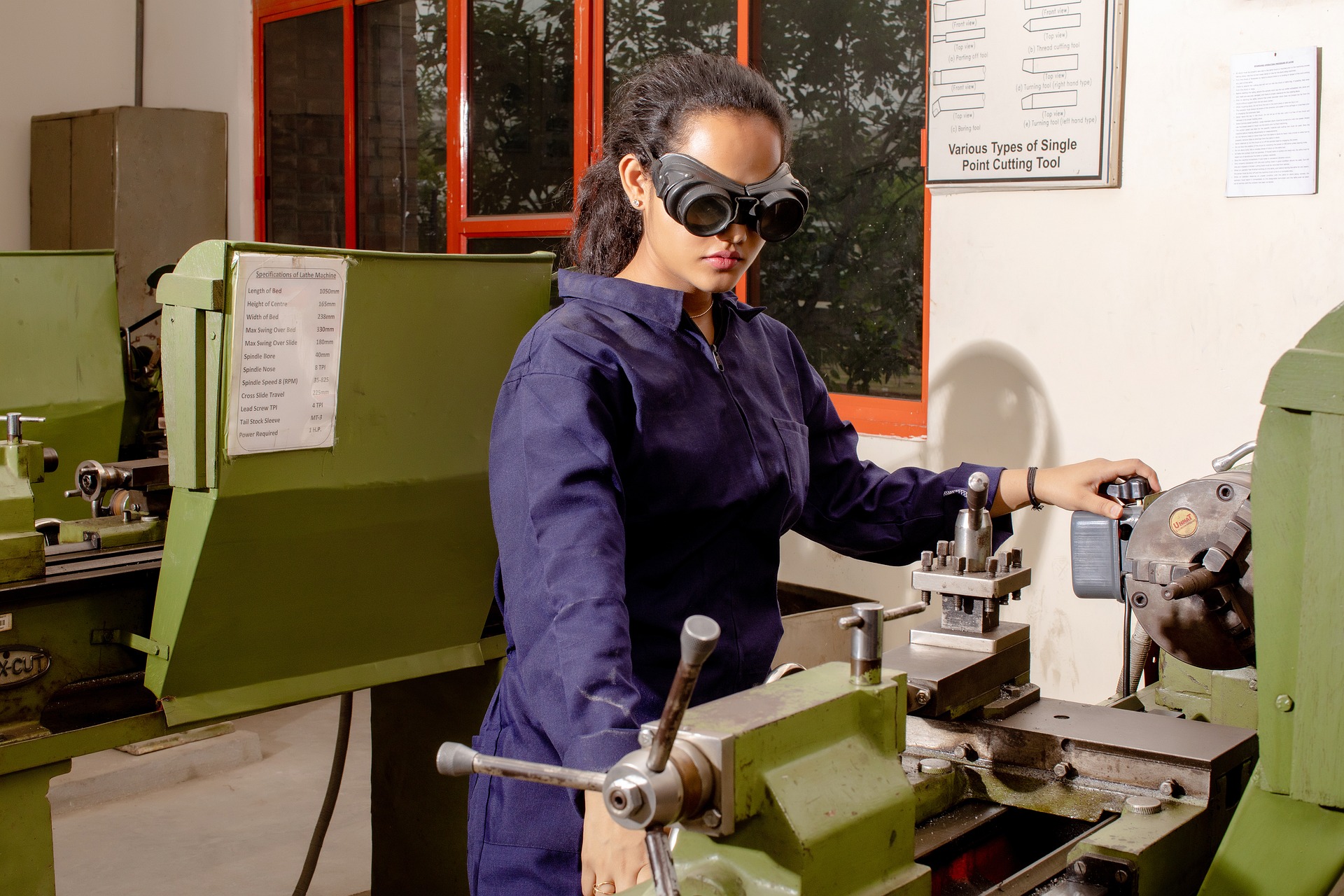Boiler Operator Training and Certification: A Comprehensive Guide
Discover how to get started with boiler operator training, gaining essential skills in operating, maintaining, and troubleshooting boilers safely. These programs offer hands-on experience, technical knowledge, and certification opportunities, preparing you for a career in industrial and commercial boiler operations.

How to Begin Your Boiler Operator Training Journey
Starting a career as a boiler operator requires careful planning and understanding of the training requirements. Most jurisdictions mandate specific certifications before allowing operators to work independently. Initial steps include researching local licensing requirements, identifying accredited training programs, and determining whether to pursue entry-level or advanced certifications. Many facilities offer apprenticeship programs that combine hands-on experience with classroom instruction.
Understanding Boiler Operator Certification Requirements
Certification requirements vary by location and type of boiler system. Most programs require candidates to complete approved training courses and pass both written and practical examinations. Common certification levels include:
-
Low-pressure boiler operator
-
High-pressure boiler operator
-
Master boiler operator
Each level requires progressively more extensive training and experience, typically ranging from 6 months to several years of documented work history.
Career Advancement Through Professional Training
Professional development in boiler operations follows a structured path. Operators can advance their careers through:
-
Continuing education courses
-
Specialized certifications
-
Safety training updates
-
Advanced system management training
Many employers support career advancement by offering tuition reimbursement and scheduled time for professional development activities.
Finding Local Boiler Training Programs
Numerous institutions offer boiler operator training in various formats. Available options include:
-
Technical colleges
-
Trade schools
-
Union training centers
-
Manufacturing facilities
-
Online hybrid programs
| Training Provider Type | Program Duration | Format |
|---|---|---|
| Technical Colleges | 3-12 months | In-person/Hybrid |
| Trade Schools | 6-9 months | In-person |
| Union Training Centers | 12-24 months | Apprenticeship |
| Manufacturing Facilities | 3-6 months | On-the-job |
| Online Providers | 3-12 months | Virtual/Hybrid |
Prices, rates, or cost estimates mentioned in this article are based on the latest available information but may change over time. Independent research is advised before making financial decisions.
Certification Program Cost Considerations
Training costs vary significantly based on program type and location. Entry-level certification programs typically range from $1,000 to $5,000, while advanced certifications may cost $5,000 to $15,000. Additional expenses include:
-
Application fees
-
Study materials
-
Examination costs
-
License renewal fees
-
Continuing education requirements
Essential Skills and Knowledge Areas
Successful boiler operators must develop proficiency in multiple areas:
-
Equipment operation and maintenance
-
Safety procedures and emergency protocols
-
Environmental regulations
-
Energy efficiency practices
-
Technical documentation
-
Troubleshooting methods
-
Communication skills
The field of boiler operation continues to evolve with technological advances and changing safety standards. Operators must commit to ongoing education and certification maintenance to ensure safe and efficient facility operations. Whether pursuing initial certification or advancing an existing career, proper training and education form the foundation for success in this essential industrial role.




